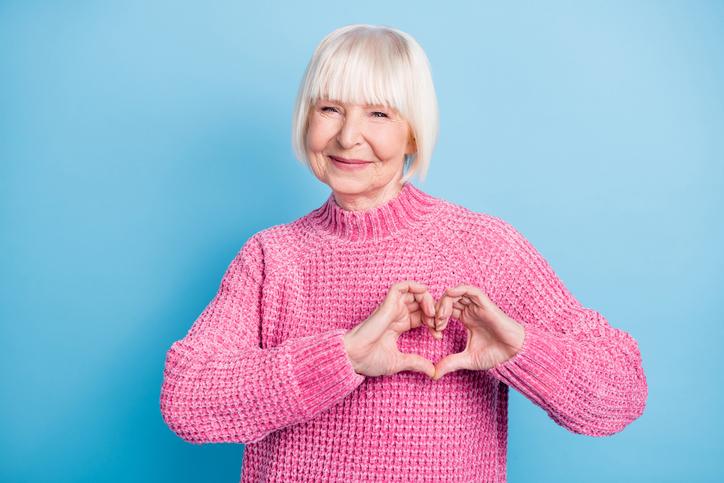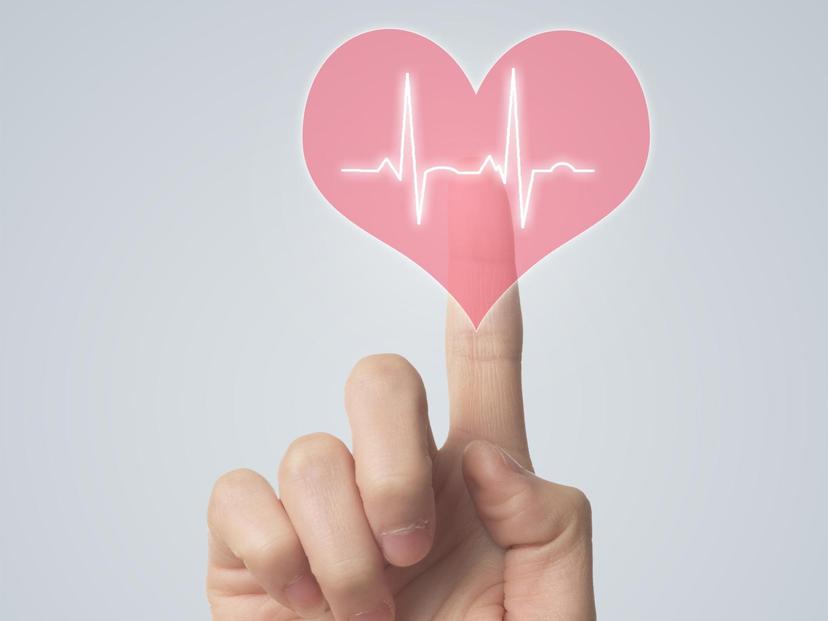1 ноября 2022
Can Varicose Veins be Prevented?


1 ноября 2022
Can Varicose Veins be Prevented?
## Move it!
A sedentary lifestyle or, on the contrary, standing for long periods of time is very harmful for veins. Proper exercise is an excellent prevention of varicose veins as well as a way to slow down the disease in its initial stages. Additionally, exercising will help you to stay in shape, which means that you will eliminate one more risk factor of the disease – excessive weight.
__What exercises are useful?__
- Walking at a relaxed pace, about 2.5 miles per hour
- Swimming and aqua aerobics
- Cycling, rollerblading, skating, skiing
> Light running is also suitable for preventing varicose veins, but if the disease has already been diagnosed, you should consult with your doctor before you start exercising.
__What should you give up?__
- Lifting weights, especially ===if you already have varicose veins
- Prolonged static loads
Office workers are advised to do a little exercise every half hour or hour: walk around or roll a ball under your foot from heel to toe. It is important to remember that it is better to exercise several times a day for five minutes than once for a whole hour.
## Take care of your feet
It's good for the blood vessels in the legs to be toned. A cold shower can help with this. This does not mean you need to wash exclusively with ice water – just turn down the temperature and rinse your feet after your usual shower. But the hot bath, solarium, sauna, and bathing are harmful to blood vessels, so try to avoid them. Also avoid frequent exposure to the sun, as ultraviolet light reduces the elasticity of tissues and venous walls.
Light self-massage in the direction from the foot to the groin will not hurt your legs. However, avoid professional medical massages in places where dilated veins are already visible.
## Wear comfortable shoes
This advice is primarily for women, although the constant wearing of tight suit shoes can also affect men. Tight shoes, in addition to the heels, fix the foot in a bent state, which disturbs the supply of small vessels in the toes and leads to venous stasis and edema. Regularly walking in stilettos puts a huge strain on our veins. If you can not do without a heel, choose a height of 3-4 centimeters. The most important thing is that the shoes must be comfortable. By the way, too tight clothing, such as jeans, can also lead to the appearance of spider veins.
## Act from within
If you are prone to varicose veins, your diet should be aimed at strengthening the vascular walls. First of all, replace animal fats with natural vegetable oils and eat more fish, fruits, vegetables, and foods with high fiber content. Avoid the following products:
- Salty, spicy, smoked foods
- Fatty animal products
- Refined carbohydrates
- Alcohol
- Strong tea, coffee
Do not forget about vitamins. Of course, they won't cure you of varicose veins, but a correctly selected vitamin complex will help to weaken the signs of the disease as well as serve as a good prevention. Your veins need:
- Vitamin P (rutin): reduces the permeability of the walls of blood vessels, improves the elasticity of veins, and prevents the formation of blood clots.
- Vitamin C: helps to strengthen the walls of blood vessels and is also necessary for the absorption of rutin.
- Vitamin B5 (pantothenic acid): essential for all processes related to hematopoiesis.
- Vitamin B9 (folic acid): helps provide the tissue with oxygen and reduces the risk of trophic ulcers in varicose veins.
- Vitamin E (tocopherol): its deficiency causes intestinal disorders, and as a consequence difficulty in walking and worsening of the symptoms of varicose veins.
- Vitamin A (retinol): strengthens blood vessels.
- Vitamin K (phylloquinone): affects the condition of the walls of blood vessels.
- Magnesium: regulates the permeability of venous walls, and its deficiency leads to increased edema and provokes cramps.
Do not forget that a vitamin regimen can be prescribed only by a doctor after examination and analysis. You can do more harm if you select a regimen on your own, as too much of a certain vitamin can be as harmful as a deficiency.
In addition to dietary supplements, a specialist may also recommend taking medication such as venotonics, which strengthen the veins and improve microcirculation and the outflow of venous blood.













